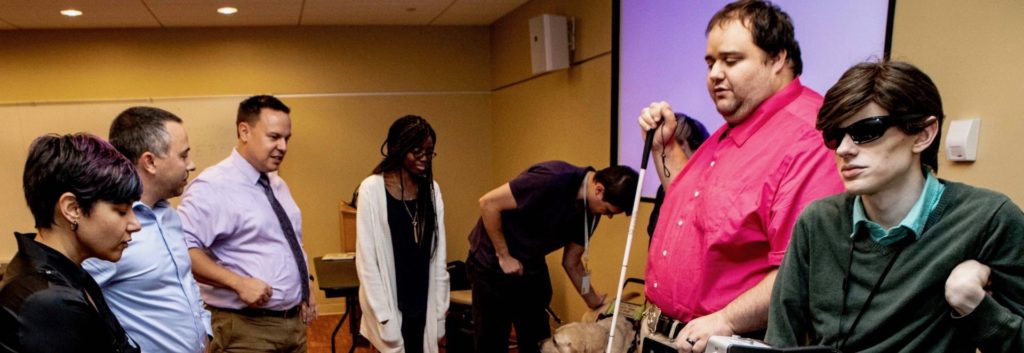
https://www.princeton.edu/news/2018/10/19/user-experience-office-helps-campus-technology-fulfill-its-promise


Researchers from Princeton’s Climate Change and History Research Initiative investigated pollen counts, coinage and burial practices, and many other data sets to study the first plague. They concluded that the first major plague of late antiquity, also known as the Justinianic Plague, may have had its effects overestimated.
https://www.princeton.edu/news/2019/12/02/maybe-first-plague-wasnt-bad-say-researchers

For the last six years, Nathan Arrington, an associate professor of art and archaeology at Princeton, has spent his summers in northern Greece, leading the excavation of an ancient trading port on the coast of the Thracian Sea.
https://www.princeton.edu/news/2019/12/02/no-stone-unturned-undergraduates-experience-archaeology-field

A new modeling approach can help researchers, policymakers and the public better understand how policy decisions will influence human migration as sea levels rise around the globe, a paper published Nov. 26 in Nature Climate Change suggests.https://www.princeton.edu/news/2019/11/26/new-modeling-will-shed-light-ways-policy-decisions-affect-human-migration-sea-level
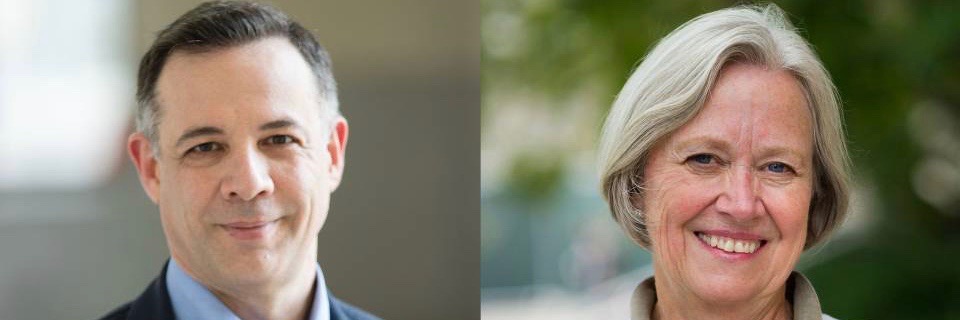


Kyle Berlin, Princeton University’s 2018 valedictorian, and Achille Tenkiang, a University trustee, have been named George J. Mitchell Scholars. Twelve Mitchell Scholarships were awarded to students nationwide by the nonprofit U.S.-Ireland Alliance based in Arlington, Virginia.
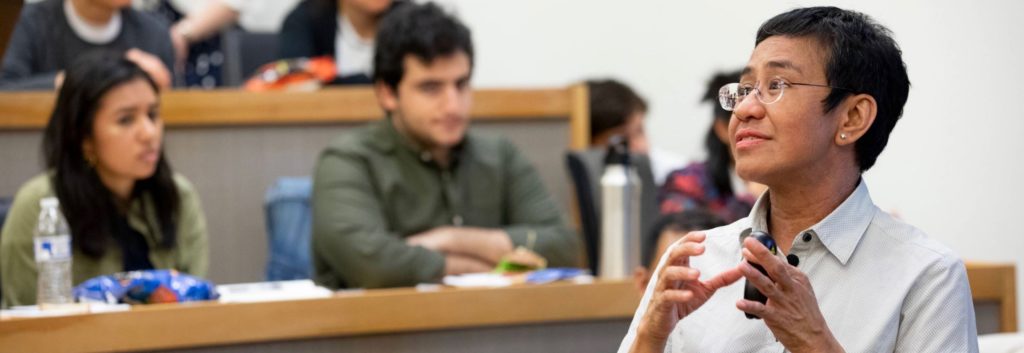

Princeton University seniors Serena Alagappan and Ananya Agustin Malhotra have been awarded Rhodes Scholarships for graduate study at the University of Oxford. Additional coverage from the Daily Princetonian, nj.com and the Philadelphia Inquirer.
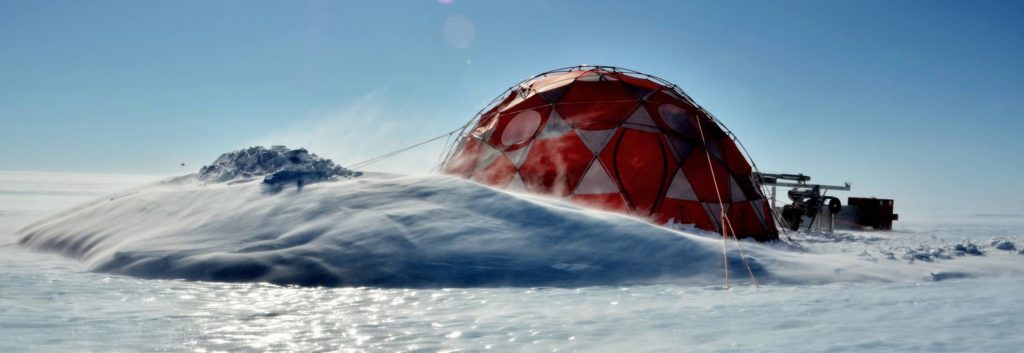


In the late 1960s, Christine Darden was one of many women working as “human computers” at NASA’s Langley Research Center. Male engineers assigned her team to perform calculations that enabled the Apollo spaceflight missions to take humans to the moon and return them safely to Earth.
https://www.princeton.edu/news/2019/11/22/pioneering-nasa-engineer-darden-shares-her-journey-human-computer-expert-supersonic


This year, Princeton University is celebrating its 25th anniversary of research, teaching and collaboration at the Mpala Research Centre in Laikipia County, Kenya, while looking toward deepening engagement for the future.
https://www.princeton.edu/news/2019/11/18/princeton-celebrates-25-years-research-and-teaching-mpala-kenya
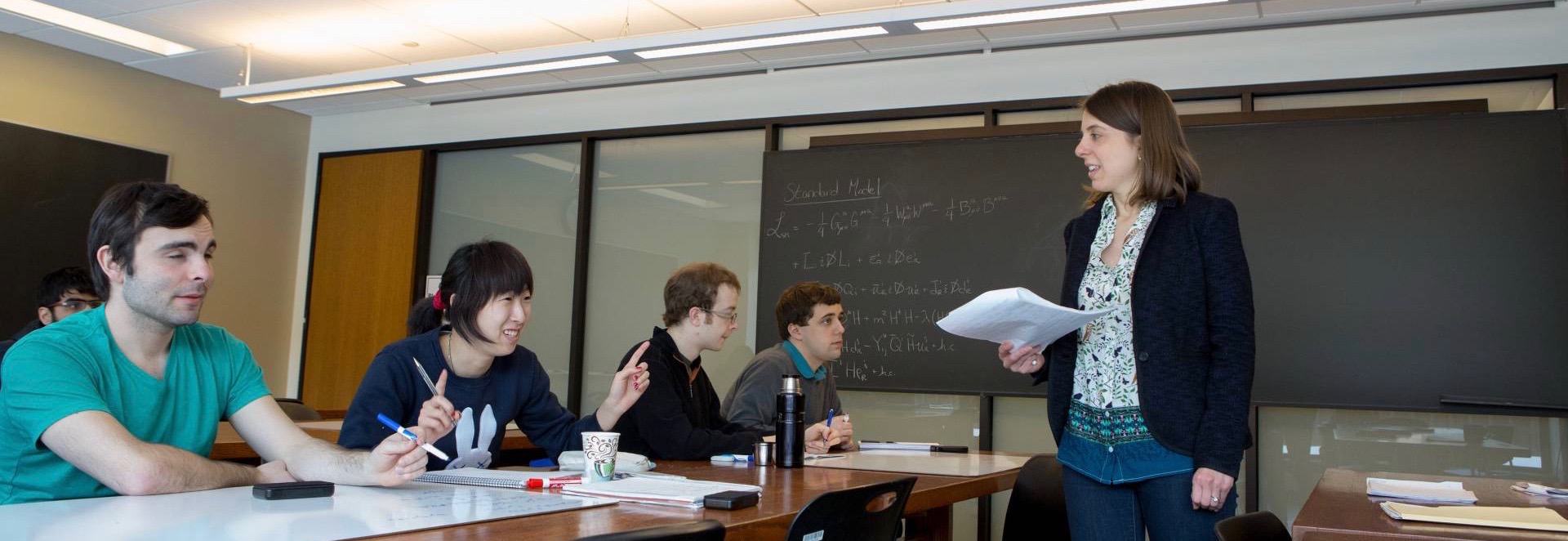 Nine data-driven research projects have won funding from Princeton University’s Schmidt DataX Fund, which aims to spread and deepen the use of artificial intelligence and machine learning across campus with the aim of accelerating discovery.
Nine data-driven research projects have won funding from Princeton University’s Schmidt DataX Fund, which aims to spread and deepen the use of artificial intelligence and machine learning across campus with the aim of accelerating discovery.
https://www.princeton.edu/news/2019/11/18/schmidt-datax-fund-supports-research-projects-harness-data-science-speed-discovery
Cutting carbon emissions quickly requires a price on carbon, experts from industry, government and academia said at the annual meeting of the Andlinger Center for Energy and the Environment last week. A carbon fee would provide a dual benefit: offer direct incentives to cut emissions, and also create a new market for firms that can monetize carbon dioxide as a resource by transforming the gas into products and fuels.
Princeton President Christopher L. Eisgruber was recognized as the 2019 Educator of the Year by the Research and Development Council of New Jersey at the council’s 40th annual Thomas Alva Edison Patent Awards. Eisgruber was honored for his leadership of the University’s efforts to connect research to real-world problems and solutions.
https://www.princeton.edu/news/2019/11/15/president-eisgruber-honored-innovation-leader-new-jersey
Although nitrogen is essential for all living organisms — it makes up 3% of the human body — and comprises 78% of Earth’s atmosphere, it’s almost ironically difficult for plants and natural systems to access it.
 Yeast already helps make bread and beer and cranks out the biofuel ethanol, but scientists believe it can be used to create an even more efficient fuel called isobutanol. Normally, yeast only creates a tiny amount of isobutanol. Now researchers at Princeton University have discovered a genetic switch that significantly ramps up production.
Yeast already helps make bread and beer and cranks out the biofuel ethanol, but scientists believe it can be used to create an even more efficient fuel called isobutanol. Normally, yeast only creates a tiny amount of isobutanol. Now researchers at Princeton University have discovered a genetic switch that significantly ramps up production.
https://www.princeton.edu/news/2019/11/13/how-make-better-biofuels-convince-yeast-its-not-starving